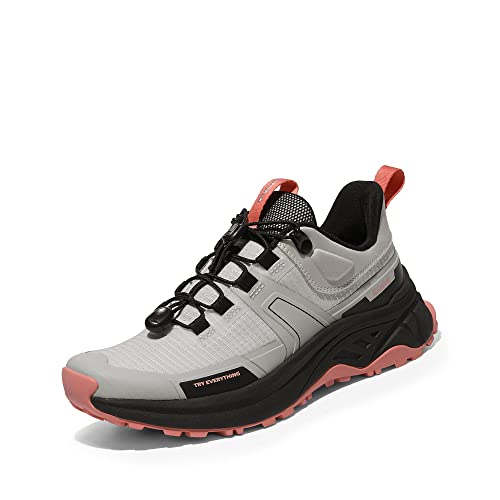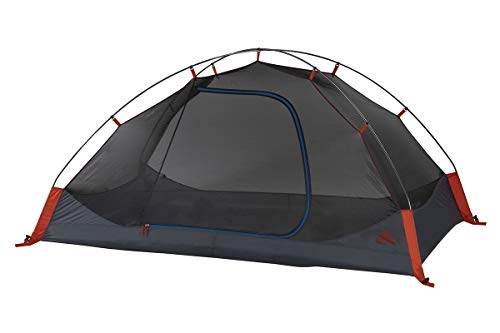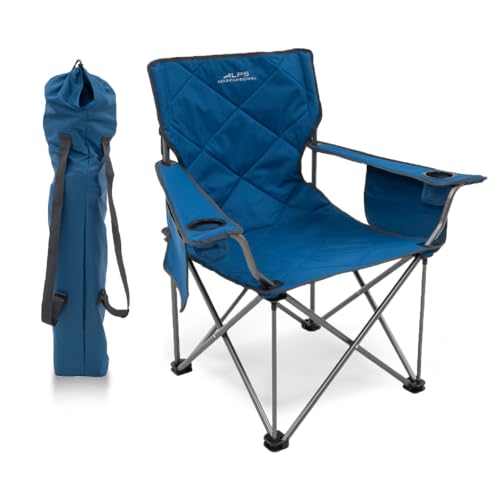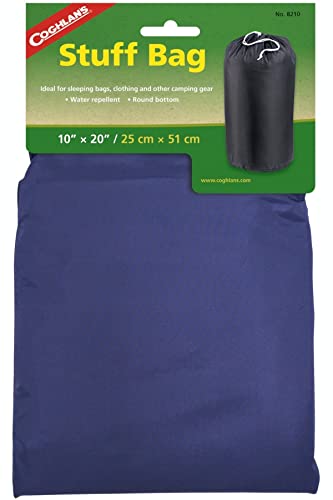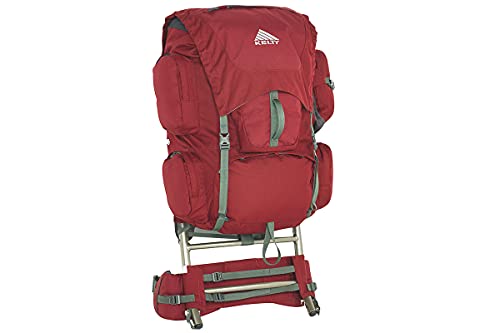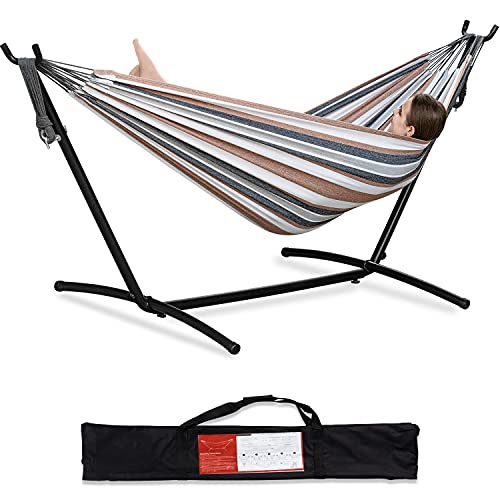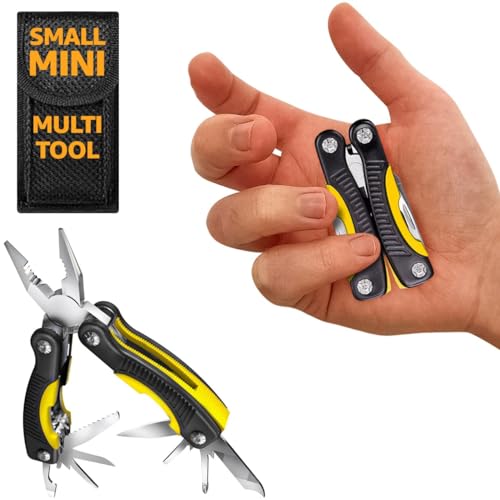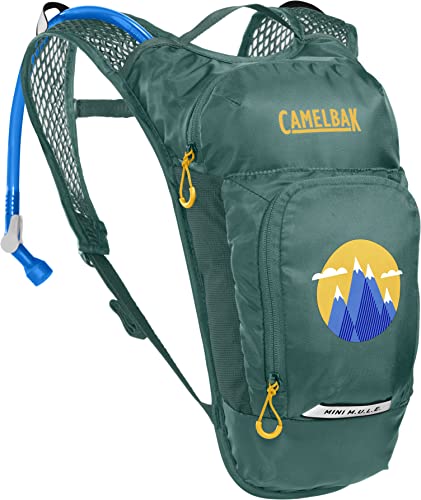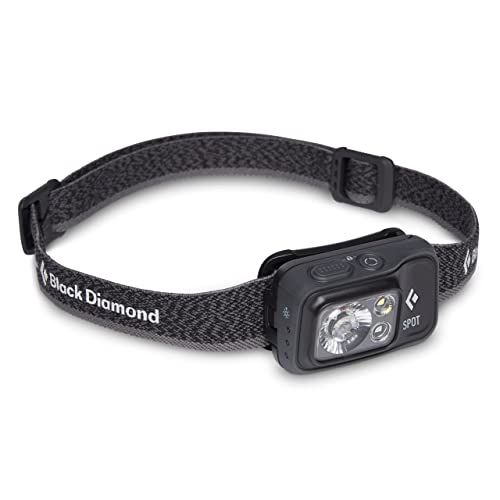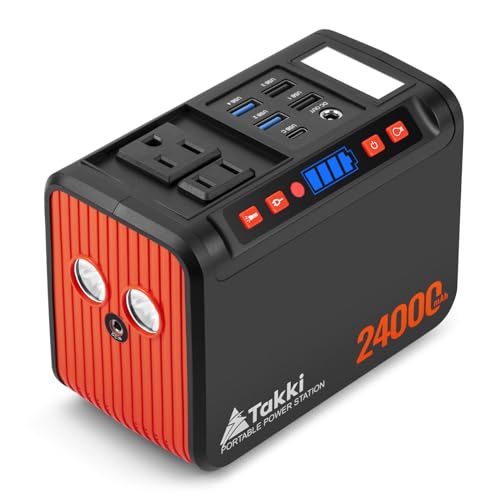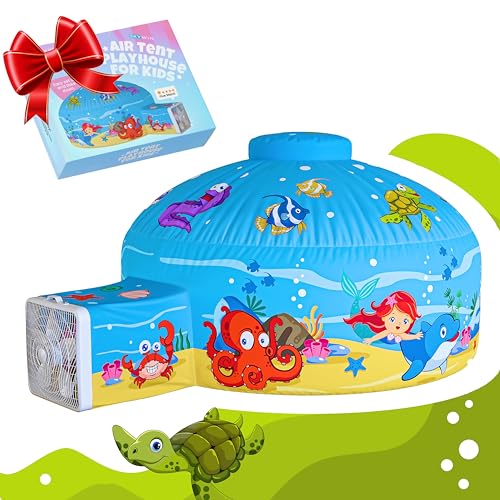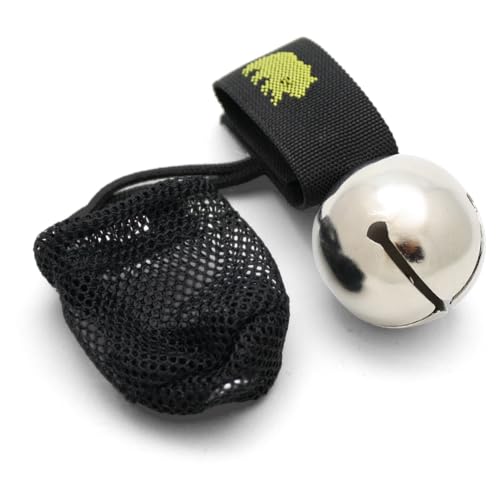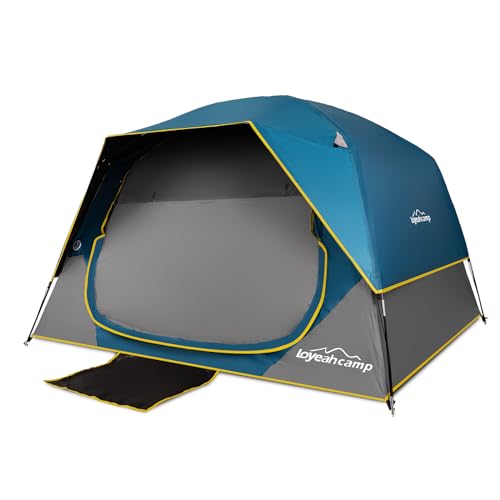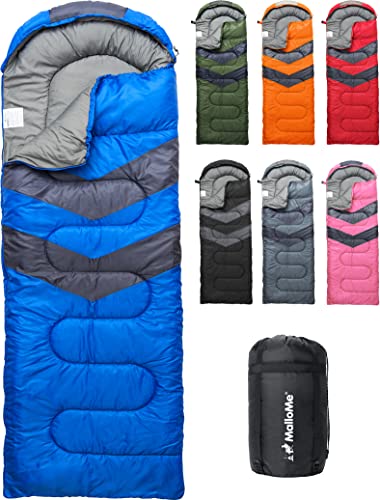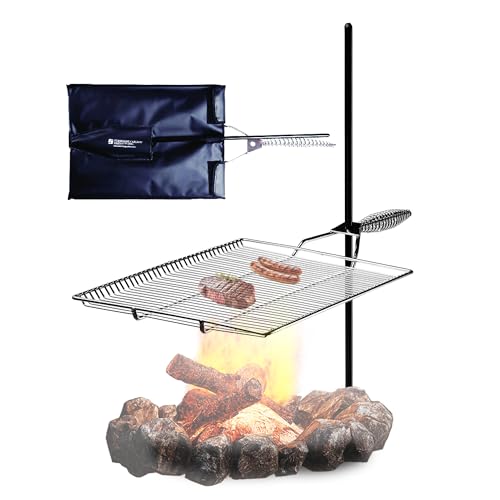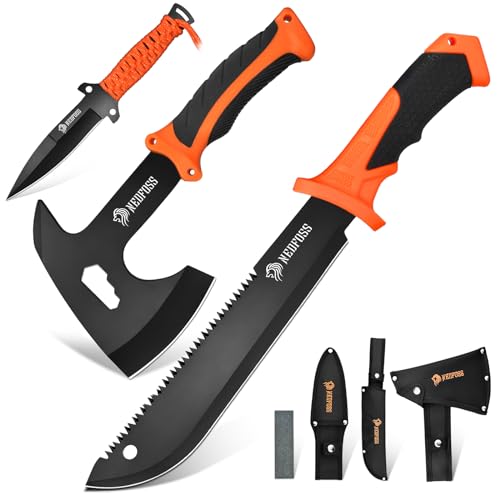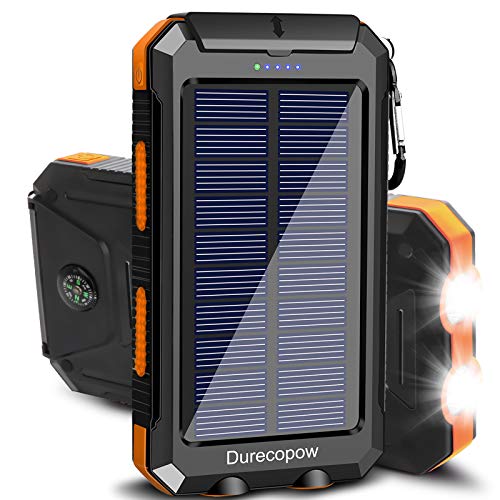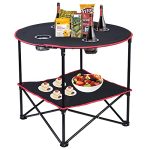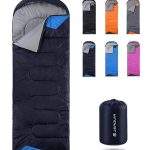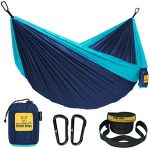As the world awakens to the pressing need for environmental stewardship, outdoor enthusiasts are at the forefront of a remarkable shift. Eco-consciousness is more than a trend; it’s a movement shaping how we approach our adventures in nature. Every step we take into the wild resonates with a commitment to preserving its beauty. This growing awareness has sparked innovation in outdoor gear, especially in hiking footwear.
Choosing eco-friendly hiking shoes is about more than just comfort and performance; it’s about making thoughtful choices that align with our values. Traditional manufacturing methods often leave behind significant waste and depletion of resources, but sustainable practices redefine this narrative. By opting for shoes made from recycled materials and produced under ethical standards, you contribute to a positive cycle of regeneration and responsibility. Join us as we explore the world of eco-friendly hiking shoes and discover how every trek can be both exhilarating and mindful. Your next pair of boots could tread lightly on the earth while helping cultivate a healthier planet—let’s embark on this journey together!
Understanding Eco-Friendly Materials
As outdoor enthusiasts increasingly seek ways to tread lightly on the planet, the hiking shoe industry is responding with innovative materials that emphasize sustainability. Eco-friendly hiking shoes often incorporate recycled materials such as plastic bottles, coffee grounds, and even discarded fishing nets. These materials are not only creative solutions to waste management but also showcase how recycling can give new life to what would otherwise be overlooked. Brands like Adidas have led the charge with their Parley line, which harnesses marine plastic pollution in crafting performance footwear while still delivering on style and function.
The shift towards sustainable materials offers numerous benefits over conventional options. Traditional hiking shoes are frequently produced using virgin plastics and leather, which require considerable resources for extraction, processing, and transport—all of which contribute to environmental harm. In contrast, eco-friendly alternatives possess a lower carbon footprint due to their reduced resource requirements. Additionally, many sustainable materials boast enhanced durability and performance characteristics; for instance, shoes made from recycled polyester often outperform those crafted from standard synthetics regarding breathability and moisture-wicking abilities—making them ideal companions for long treks through varying terrains.
Common examples of eco-friendly materials found in the market today include hemp—a fast-growing plant that requires minimal resources to cultivate—and bio-based textiles derived from agricultural byproducts like corn or sugarcane. Companies like Merrell utilize these cutting-edge fabrics while maintaining a commitment to comfort and support in their designs. Other noteworthy innovations include outsole components made from natural rubber or tire waste, reducing landfill contributions while providing excellent traction for hikers navigating rocky landscapes.
Ultimately, understanding these eco-friendly materials empowers conscious consumers to make informed choices when purchasing new footwear. By opting for products constructed with responsible practices in mind, hikers can enhance their outdoor experiences while contributing positively to the environment—a small yet meaningful step toward preserving nature’s pristine beauty for generations to come.
Ethical Production Methods
In recent years, the outdoor gear industry has seen a significant shift towards ethical production methods, driven by an increasing awareness of social responsibility and fair labor practices. Ethical manufacturing encompasses a range of practices that prioritize safe working conditions, fair wages, and respect for workers’ rights. These processes are crucial not only for the individuals involved in the manufacturing but also for fostering trust between brands and consumers who seek assurance that their purchases promote social equity.
Several brands stand at the forefront of this ethical movement, setting standards for responsible manufacturing in the hiking footwear market. Companies like **Vivobarefoot** and **Allbirds** have embraced transparency in their production processes, ensuring that every shoe is crafted with care and integrity. Vivobarefoot utilizes a unique business model that includes direct partnerships with manufacturers known for their commitment to worker welfare, while Allbirds sources materials from suppliers who meet rigorous environmental guidelines. Such practices not only support better livelihoods for workers but also empower local communities by fostering economic growth through fair employment opportunities.
The impact of ethical production extends far beyond the factory floor; it resonates throughout local communities. By choosing to support brands committed to fairness, consumers contribute to a cycle of positive change—promoting stability and growth where it matters most. When workers earn fair wages and work in safe environments, they can invest more in their families and communities, leading to improved education, healthcare access, and overall quality of life. Thus, purchasing hiking shoes made through ethical processes enables conscientious explorers not just to stride forth into nature but also helps pave pathways out of poverty for many.
Overall, embracing ethical production isn’t merely an act of compassion; it’s an essential practice that fosters true sustainability in our consumer-driven world. Each pair of eco-friendly hiking shoes represents a choice fueled by intention: to explore responsibly while ensuring our fellow inhabitants—who work diligently behind the scenes—thrive alongside us on our journeys into nature’s embrace.










Top Eco-Friendly Hiking Shoe Brands
As the outdoor gear landscape evolves, several brands have emerged as leaders in crafting eco-friendly hiking shoes without compromising on quality or performance. Notable names such as Allbirds, Merrell, and Columbia have dedicated themselves to sustainable practices by utilizing innovative materials and manufacturing processes. For instance, Allbirds utilizes a unique blend of sustainable materials like eucalyptus tree fiber and recycled plastics in their shoe designs, bringing comfort and environmental responsibility into harmony. Their “Tree Runners” are not only lightweight but also made with an eye toward minimizing ecological impact.
Merrell has taken great strides in recently transitioning to greener practices with their “Nature’s Voice” initiative. This program emphasizes naturally sourced materials alongside advanced technologies aimed at conserving nature. The Merrell Moab 2 is distinguished not just for its enduring comfort but also due to its protective properties crafted from 100% recycled materials—truly a testament to how high performance can coexist with sustainability. Meanwhile, Columbia incorporates Omni-Freeze technology which regulates temperature while using waterproof materials that are responsibly sourced, keeping feet dry during those unpredictable trails.
Consumer feedback offers invaluable insights into these eco-friendly options; reviews often highlight the durability and performance rivals traditional counterparts while offering peace of mind regarding environmental impact. Users frequently commend the comfort levels experienced even on extended hikes, citing fewer blisters and greater overall satisfaction thanks to thoughtful cushioning designs. Beyond attributes like fit and cushioning, reviewers laud the transparency these brands maintain regarding sourcing practices and sustainability efforts—a vital factor for today’s eco-conscious consumer base who value authenticity over marketing slogans.
Moreover, impressive ratings across these brands reflect a market shift favoring environmentally responsible choices among enthusiasts. As more individuals seek out footwear that aligns with their values while actively engaging with nature, it’s clear that choosing sustainable options is becoming less of a niche decision and increasingly part of mainstream expectations within the hiking community. With steady advancements in eco-friendly technologies and growing brand commitments towards sustainability, this trend promises to flourish well into the future of outdoor exploration.
Key Features to Look For in Eco-Friendly Hiking Shoes
When exploring the great outdoors, eco-friendly hiking shoes are not just about being good for the planet; they must also deliver on durability and performance. Ideally, these shoes should be crafted from high-quality materials that withstand diverse terrains, whether it’s a rocky mountain path or a muddy forest trail. Brands like Salomon and Merrell are stepping up to this challenge by designing footwear that combines recycled materials with cutting-edge technology, ensuring they can withstand wear while minimizing environmental impact. The goal is not only to reduce waste but also to produce shoes that support adventurous spirits without compromising on safety or performance.
Breathability and comfort are equally essential when selecting your eco-friendly hiking boots. After all, no one wants to experience discomfort halfway through a hike! Look for features such as moisture-wicking liners and built-in ventilation systems, which keep your feet dry and comfortable over long treks. Companies like KEEN utilize eco-sensitive processes in their designs that ensure both functionality and comfort levels remain high. Their commitment to using sustainable materials does not detract from the user experience—instead, it enhances it by providing shoes that adapt beautifully to varying climates.
In addition to performance features, it’s crucial to consider how packaging and product lifecycle play into your decision-making process. Sustainable brands increasingly prioritize minimalistic packaging made from recyclable materials, reducing excess waste right from the start. Check for certifications like Cradle-to-Cradle or FSC (Forest Stewardship Council), which indicate responsible sourcing and life cycle assessment practices. Understanding how a shoe impacts the environment throughout its lifecycle helps conscious consumers make informed choices—reflecting values beyond mere aesthetics or brand loyalty.
Ultimately, choosing eco-friendly hiking shoes requires balancing your adventure needs with ecological responsibility. By prioritizing durability, breathability, and sustainable practices in production—including packaging—you contribute positively not just through what you purchase but how you engage with nature itself. After all, each trek into the wild serves as an opportunity not only for enjoyment but also for fostering respect towards our precious environments!
Caring for Your Eco-Friendly Footwear
Caring for eco-friendly hiking shoes is not just about prolonging their lifespan; it’s a commitment to sustainability that complements the choices we’ve made in our footwear. Best practices start with routine cleaning. After each hike, gently remove dirt and debris using a soft brush or cloth, and if necessary, wash them with mild soap and water. Avoid harsh chemicals that could diminish the eco-friendliness of the materials. Once clean, allow them to air dry away from direct sunlight or intense heat sources—this helps prevent any warping or deterioration of natural fibers.
When it comes to maintenance, choosing to repair your gear instead of simply replacing it can significantly lessen your environmental impact. Many eco-friendly brands offer repair kits or services specifically designed for their products, encouraging users to fix rather than discard defective items. For example, some companies provide adhesive patches for holes or wear-and-tear spots on shoes, while others may have specific workshops where you can send in your damaged footwear for rejuvenation. By investing time and resources into repairs, you extend the life cycle of your hiking shoes—and often at a fraction of the cost of buying new ones.
Proper care directly influences not only the longevity but also performance capability of your sustainable footwear. Regularly checking insoles and laces allows you to replace worn-out parts before they compromise comfort during hikes. Additionally, storing your shoes in a cool, dry place rather than cramming them into tight spaces prevents unnecessary distortion. Always remember that every effort counts: maintaining good habits ensures that when you’re out exploring nature’s beauty, you’re not only comfortable but traveling responsibly with respect towards Mother Earth’s resources.
By treating our eco-friendly hiking boots with care and consideration—through systematic cleaning and mindful maintenance—we contribute positively to both our adventures as conscientious explorers and broader environmental health efforts. In doing so, we create a lifestyle that celebrates sustainability at every step!
Embracing a Sustainable Lifestyle Beyond Footwear
As outdoor enthusiasts, there’s an incredible opportunity to weave sustainability into all aspects of our adventures, not just through eco-friendly footwear. Start by embracing the principle of “Leave No Trace” on every hike. This means packing out what you pack in, respecting wildlife, and sticking to marked trails to minimize your impact on fragile ecosystems. Consider using reusable containers for snacks or meals rather than single-use plastics. By making small changes today—like carrying a fabric tote instead of buying water bottles—you can help protect the very nature we cherish.
Incorporating sustainable practices into your hiking trips is easier when you’re equipped with eco-conscious gear. Seek out camping and hiking essentials made from recycled or natural materials, like solar-powered chargers or biodegradable soaps, which reduce harm to the environment. Brands that offer multi-functional tools can also minimize waste; as an example, a lightweight folding spork cuts down on the need for separate utensils while serving multiple purposes in your camp kitchen.
Responsible hiking habits extend beyond individual actions; they inspire others to join in as well. Share your experiences with fellow hikers or post about them on social media platforms celebrating outdoor adventures. Organizing group hikes where participants agree on eco-friendly guidelines can foster awareness within the community, encouraging more people to make environmentally conscious decisions about their own outdoor gear and habits leading up to each outing.
Lastly, don’t forget the importance of education in cultivating a sustainable lifestyle while exploring nature. Engage with workshops or local environmental organizations focused on trail maintenance or conservation efforts to deepen your understanding of ecological balance and preservation methods. Discovering new ways to care for our planet fosters a personal connection that transcends merchandise—it’s about nurturing a collective respect for the wild places we love while inspiring others along our journey toward mindful exploration.










The Environmental Impact of Hiking Footwear Choices
When we lace up our hiking boots, many of us might not realize the significant environmental burden that conventional footwear has on our planet. In the United States alone, an estimated 300 million pairs of shoes are discarded annually, contributing to a staggering 10 billion pounds of waste in landfills. Often made from non-biodegradable materials such as plastics and synthetic rubbers, these traditional hiking shoes take decades, if not centuries, to decompose. This alarming statistic highlights an urgent need for greater awareness around our footwear choices and their implications on the environment.
As conscious explorers, hikers possess a unique opportunity to reduce their ecological footprint by opting for eco-friendly footwear. Choosing brands that prioritize sustainability and environmentally responsible production can make a substantial difference. For instance, some companies use recycled ocean plastics in their shoe designs or source natural rubber harvested through sustainable practices. By supporting producers that emphasize sustainability, hikers can actively participate in conserving resources and minimizing waste while enjoying their outdoor adventures. Every step toward more sustainable choices contributes to preserving natural ecosystems for future generations.
The long-term benefits of choosing eco-conscious products extend far beyond just reducing waste. These responsible purchases encourage innovation within the industry as more brands look to create sustainable solutions for outdoor enthusiasts. Additionally, using eco-friendly materials often means better performance; many sustainable options offer superior durability and comfort derived from nature-inspired design principles. Hikers investing in quality gear are less likely to replace their footwear frequently, creating a circular economy where products have extended life cycles and reduced demand for virgin materials.
In summary, our choices regarding hiking footwear have profound implications on both the environment and the outdoor industry as a whole. By becoming mindful consumers who prioritize eco-friendly options, we help drive change towards more sustainable manufacturing practices while inspiring others to follow suit. When every hiker makes informed decisions about what they wear on their feet—and encourages those around them to do the same—the collective impact can lead to substantial environmental benefits that reach far beyond individual trails.
Personal Stories from Conscious Explorers
The journey toward eco-friendly exploration is uniquely personal for many hikers, as highlighted by the stories of those who have decided to prioritize sustainable footwear. Take Sarah, a passionate nature photographer, who made the switch to eco-friendly hiking shoes after learning about the harmful effects of conventional footwear manufacturing on ecosystems. “When I discovered that traditional shoes could take hundreds of years to decompose, it hit me hard,” she explains. Armed with this insight, Sarah sought out brands committed to using recycled materials—her current favorite pair features an upper made from repurposed plastic bottles. “Not only do I feel better knowing I’m making a smaller footprint,” she shares, “but my shoes are also incredibly lightweight and comfortable during long hikes.”
In another inspiring story, James transitioned to sustainable hiking shoes after a day spent cleaning up his local trail. Surrounded by waste left behind by other outdoor enthusiasts, he realized just how significant individual choices could be in preserving our natural landscapes. This experience motivated him not only to pick up trash but also to seek out footwear that aligned with his newfound commitment to sustainability. He reports feeling more engaged and connected with nature now that he’s aware of how each purchase affects our planet. “Wearing these shoes has become a statement for me—it represents my choice to respect and protect the environments I love exploring,” he says enthusiastically.
Many hikers have noted additional benefits linked with their switch to eco-friendly options beyond just environmental impact; they often find comfort and performance has not been compromised either. For example, Lisa praised her new biodegradable hiking boots for their exceptional grip during slick conditions on trails—a testament that sustainable can also mean high quality. She adds, “If anyone thinks they have to choose between being kind to the Earth and enjoying their adventures, they need to know there are amazing alternatives out there!” Each story underscores a common theme: conscious consumers are transforming their outdoor experiences while also taking meaningful strides towards a healthier planet.
Together, these voices highlight an emerging community of concerned adventurers embracing responsible gear choices—and discovering along the way how fulfilling it is to align passion for nature with actions that help preserve it for future generations. Individuals like Sarah and James serve as shining examples of how thoughtful purchases can lead not only to improved personal experiences but also foster broader awareness within hiking culture regarding sustainability efforts in every step we take outdoors.
Step Towards a Greener Future
As we conclude our journey through the world of eco-friendly hiking shoes, it’s clear how crucial our choices are. Sustainable footwear not only minimizes environmental impact but also supports ethical practices in manufacturing. By choosing brands that prioritize eco-friendly materials and fair labor, we pave the way for a healthier planet.
Now is the time to take action. Make responsible choices when selecting your next pair of hiking shoes. Share your experiences and inspire others to join this movement. Together, let’s cultivate a community that values nature and embraces mindful exploration. Your footsteps can make a difference—let them lead to a more sustainable future.
